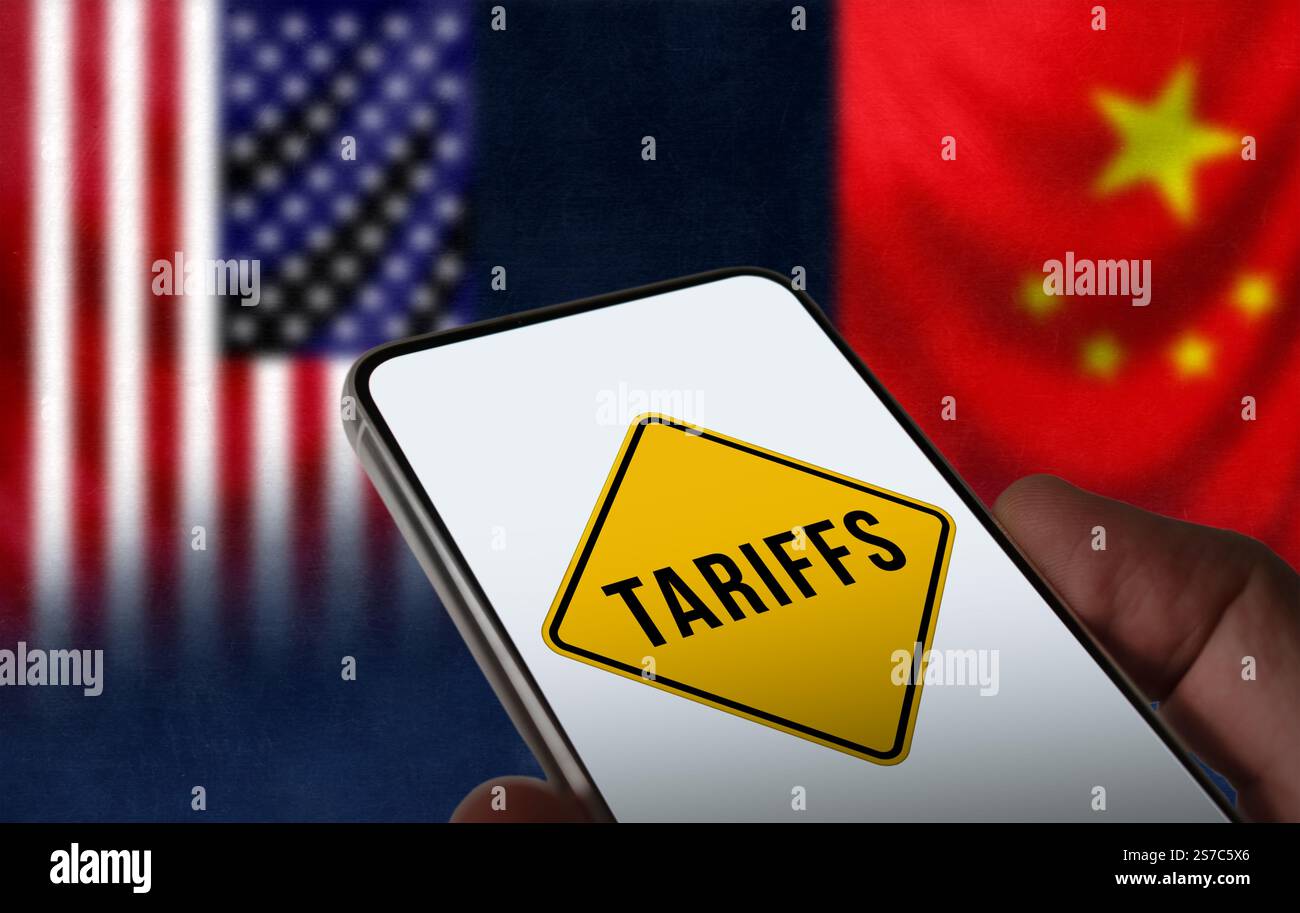
The Global Tug of War
Have you ever watched two giants play tug-of-war with a rope made of global trade policies? That’s exactly what the USA vs China tariff battle feels like. What started as a spat over trade deficits and intellectual property rights quickly spiraled into a full-blown trade war, sending ripples across the global supply chain. But what does this mean for the rest of the world—and for businesses like yours and mine?
The Roots of the Trade Conflict
A Dispute Decades in the Making
This isn't just a recent drama. Tensions between the U.S. and China have been simmering for decades, but they reached boiling point in 2018 when the U.S. imposed tariffs on Chinese goods, citing unfair import-export policies and the need to protect American industries. China, not one to sit back, retaliated with its own set of tariffs.
The result? An escalating international trade dispute that has left no corner of the global market untouched.
Who Pays the Price?
While the headlines often highlight billion-dollar figures, the real burden often falls on small businesses, consumers, and manufacturers. Imagine being a company that sources raw materials from China and exports finished goods to the U.S.—you're caught in a financial crossfire with limited room to dodge.
How Tariffs Disrupt the Global Supply Chain
Tariffs are like toll booths on a highway that’s supposed to be free. They slow down trade, increase costs, and force businesses to reroute their operations. Companies that once relied on streamlined, cost-effective global supply chains have been scrambling to relocate factories, renegotiate contracts, and reprice products.
Even tech giants like Apple and automotive leaders like Tesla have faced disruptions, proving that no one is immune. According to a Harvard Business Review, the trade war has caused many companies to shift operations to countries like Vietnam and India to avoid tariffs—a clear sign of the long-term impact.
Economic Sanctions and Global Consequences
Beyond tariffs, economic sanctions and stricter regulations have added more fuel to the fire. These measures don't just target countries—they affect global confidence. International investors become wary, and markets react with volatility.
And it doesn’t stop there. Countries around the world are forced to take sides or navigate carefully to avoid being collateral damage in this ongoing standoff.
Is There a Silver Lining?
Strangely enough, yes. Some countries have benefited by becoming alternative sourcing hubs. This shift has created opportunities in Southeast Asia and beyond. But let's not forget—this is a game of musical chairs. When the music stops, someone’s bound to be left standing.
Final Thoughts: What Now?
The USA vs China tariff war is far from over. Its impact on global trade has been profound, pushing companies to rethink strategies, diversify supply chains, and adapt to a new, more fragmented trading environment.
So, what can we do?
Stay informed. Diversify your networks. And always be ready to pivot. Trade wars are like storms—unpredictable, powerful, and revealing. The more prepared we are, the better we can weather the chaos.
Want to learn how your business can adapt to global trade shifts? Start a conversation in the comments or explore deeper insights from the World Trade Organization and Brookings Institution. Let's navigate this global game together.



0 Comments